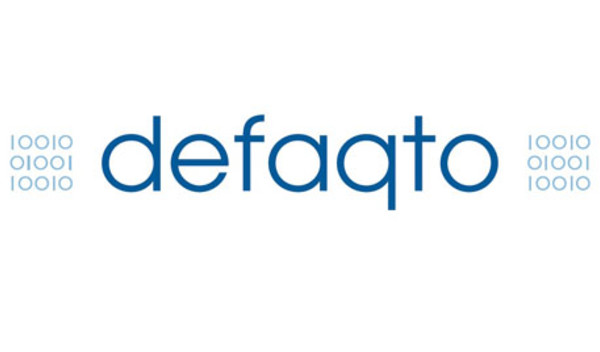



Discretionary fund management services have been available on platforms for a while, usually taking the form of a private client manager investing the client’s self-invested pension or offshore bond wrapper.
The increasing popularity of the centralised investment proposition for some clients leads advisers to ask whether discretionary services have evolved to bring in new benefits to their own customers and, indeed, their business? Is this particularly true in the platform space?
Back to basics
Before taking a closer look at this type of outsourced investment solution, it might be worthwhile to give a definition of discretionary management. Currently a variety of terms being used include discretionary fund management or DFM, discretionary portfolio management and discretionary investment management – all describing discretionary management services.
It seems that DFM has been adopted as the shorthand industry jargon for private client investment management. But what does it really mean?
The traditional view of what a discretionary service looked like was simply that it was a segregated, nominee account, with a discretionary agreement in place, allowing the private client manager to execute investment trades without having to ask permission from the client. Of course, the investment mandate, level of on-going service, tax considerations and the amount of investment individuality, such as phasing investments in and out of the markets and real-time dealing, all added to different propositions being offered to clients.
In essence, however, the simple ‘segregated account with client authority’ definition is empirically accurate.
When life companies began offering ‘open-architecture’ products, private client managers were able to offer their services for the investment management of wrapped monies in vehicles such as Sipps and offshore bonds, with the life company as the client and the ‘client’ being the beneficiary.
The monies are passed to the DFM firm which then places them ‘with their nominees’ and makes all the trades and settlements, with a valuation going to the life company.
As the use of wrap platforms grew within the adviser community, it was natural that DFM services would expand to fit in with new business models. Notably, taking managed portfolio services and adapting them for third-party, adviser-focused platforms.
There is no doubt that the adviser community, today, is viewing MPS, often seen as the halfway house between multi-asset fund investing and full bespoke discretionary service, as an outsourcing proposition which fits within many business propositions.
Meeting new adviser needs



